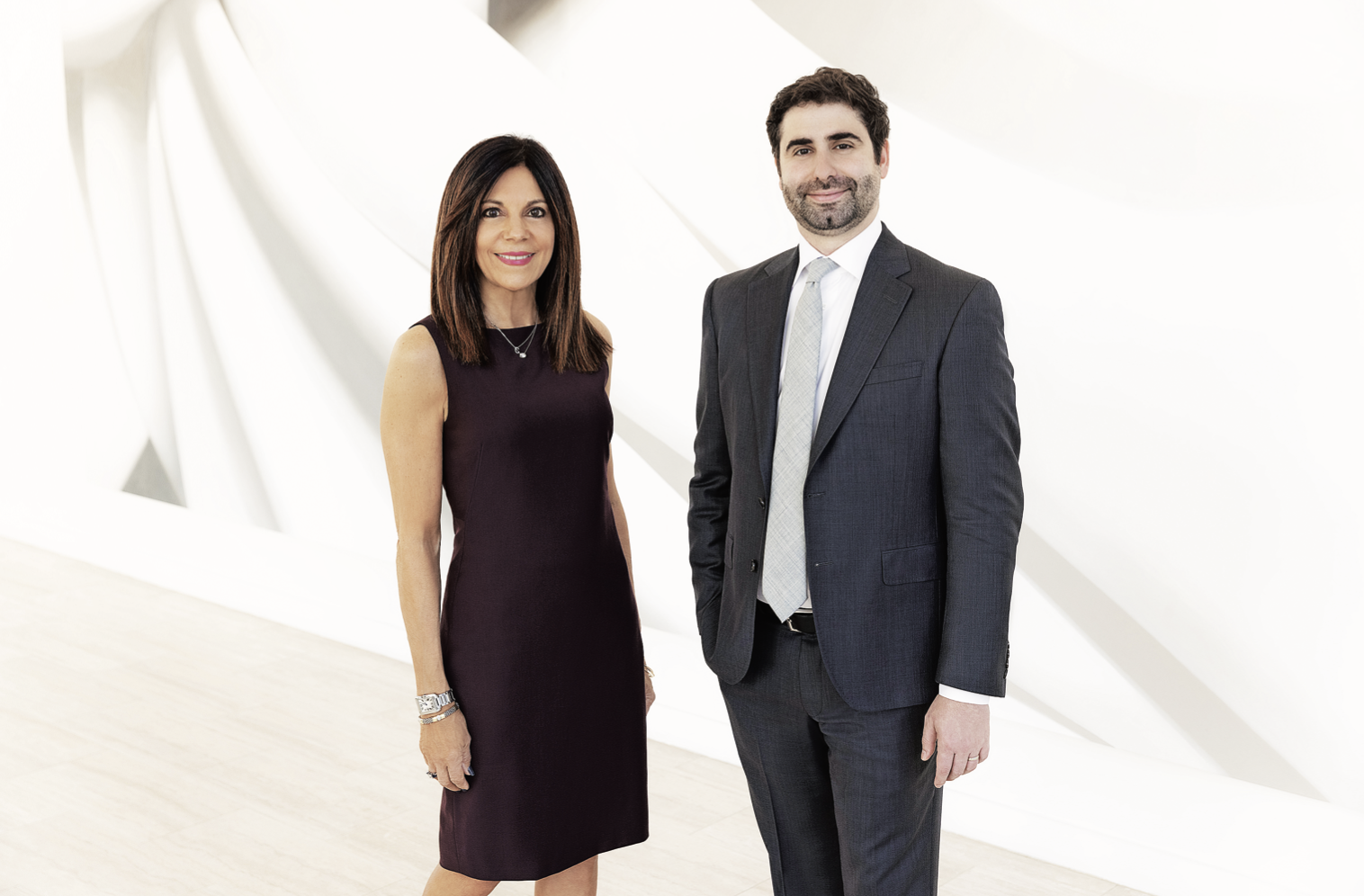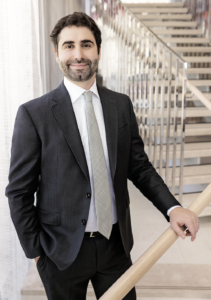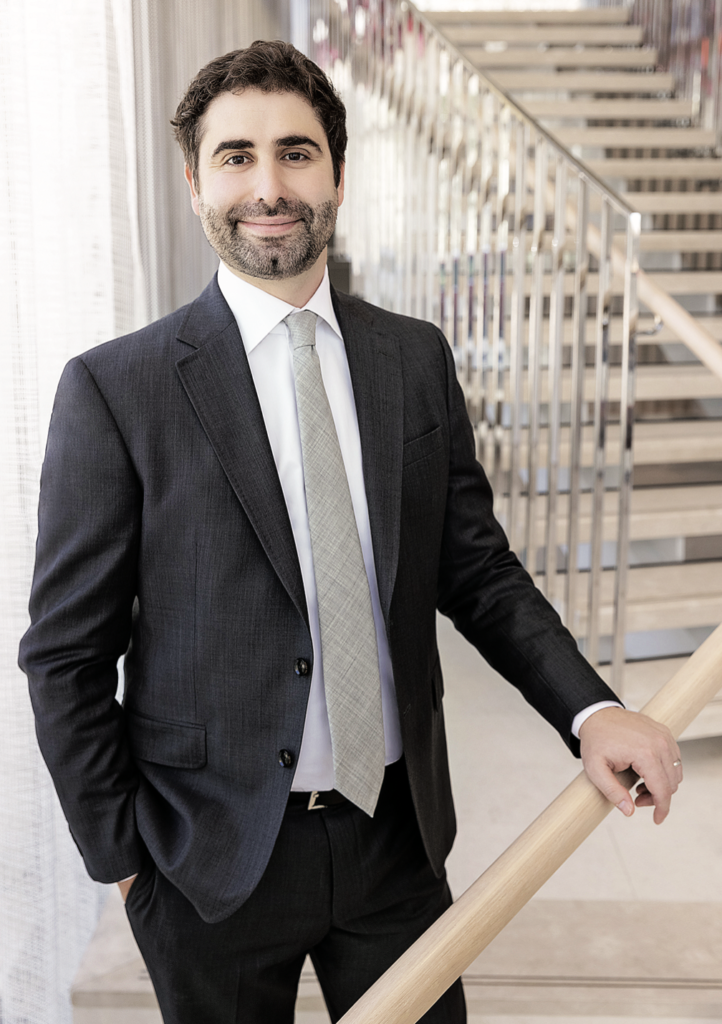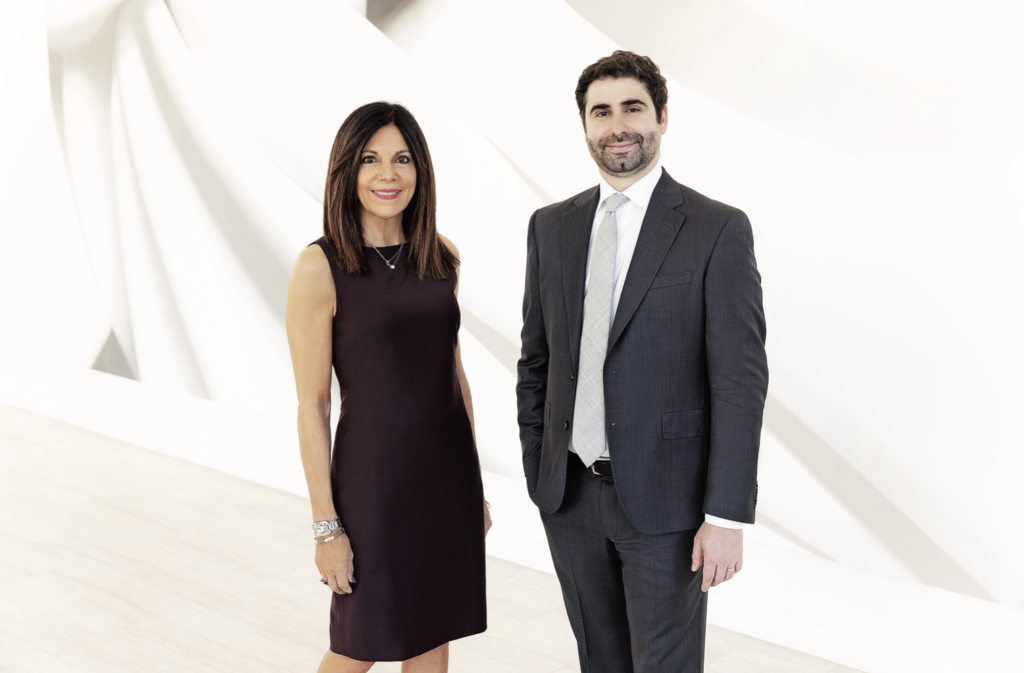Getting to Know Lee Budner — Dallas’ New Voice of Family Law
In a Career Pivot, Budner Brings His Background As a Commercial Litigator to Family Court
BY PC Studios //In a career pivot, Lee Budner brings his background as a commercial litigator to family court.
This article is promoted/partner content and not produced by the editorial staff.
Lee Budner thrives in the high-stakes, high-conflict environment of the courtroom and has nearly a decade of experience under his belt. Before he joined Calabrese Budner, he sharpened his skills as a commercial litigator at a large national law firm and two elite Dallas litigation boutique firms. Budner has represented clients on both sides of the aisle in business disputes with hundreds of millions of dollars in controversy. This experience enables him to effectively navigate complex property matters and highly sensitive custody issues for his family law clients.
Here, we learn more about Budner’s legal practice and why his unique approach to family law and divorce is attracting many clients. With his emphasis on strategic thinking and first-class service, he’s quickly becoming Dallas’ fresh voice of family law.
How has your past experience prepared you for a Dallas divorce practice?
Lee Budner: I spent the first eight years of my career as a commercial litigation attorney at prominent Dallas firms. I cut my teeth on big-dollar cases involving complex legal disputes between highly sophisticated parties. I represented a wide range of clients, including Fortune 500 companies, banks, hedge funds, business owners, and C-suite executives. During that time, however, I also worked on family law matters for some of our commercial clients. When I told my colleagues, friends, and family I was leaving commercial litigation and starting a career as a full-time family law attorney. I got the same question over and over: Why would you want to do that? The reason is simple: client impact. I wanted to use the perspective and tools I learned as a commercial litigator to impact people’s lives more directly. Three key touchpoints of my training have enhanced my family law practice: strategic thinking, first-class service, and preparation and professionalism.
When did it occur to you that you may want to focus on family law?
LB: Very early in commercial litigation practice, I worked on a very contentious, high-dollar divorce case. That case was particularly complex and went all the way up to the Texas Supreme Court (and resulted very favorably for our client). In the years after that case, I kept thinking: “I’d love to do this for others.’ I’m a firm believer that high-quality legal representation should be available to people. Husbands, wives, mothers, and fathers are entitled to first-rate representation, not just companies with big legal budgets. I wanted to bring that level of legal services to family law.
So, how do you think strategic thinking impacts a family law case?
LB: I often see a lack of strategic thinking manifest in two ways. First, autopilot. Lack of strategic thinking causes a lawyer to treat each case the same, working through it with little attention to its uniqueness and complexity. In doing so, a lawyer risks missing the opportunity to create an advantage or find a solution for their client. The lawyer on autopilot is not going to find the devil in the details, and they won’t find creative solutions to difficult problems.
Second, reactivity. Lack of strategic thinking causes a lawyer to react – whether it be to a new development, ruling by the court, or action by opposing counsel– without fully thinking through the consequences of that reaction. Often a lawyer’s initial reaction to being confronted with a problem more closely resembles an emotional response than a response arrived at through careful consideration of the best course of action. In family law causes, emotions are already heightened. The last thing a client needs is an emotional response from their lawyer rather than a well-reasoned one– but, unfortunately, you see it happen all the time. My commercial litigation background taught me to treat every case event as an opportunity to think strategically about how to respond in a way that furthers my client’s goals. It has also instilled in me that no two cases are ever alike, each presenting its own specific challenges to solve and overcome.

And how do you want your clients to feel when working with you?
LB: During my time as a commercial litigator, I can’t tell you how many times I heard the same common refrains about family lawyers: I can’t get a hold of my lawyer or I don’t know what is going on in my divorce. This always baffled me. Clients need lawyers who are responsive. This is especially true in family law, where clients are going through some of the most difficult and trying times of their lives. What we offer at Calabrese Budner is first-class service. That doesn’t just mean timely communication with our clients. It means making sure our clients understand what is going on in their cases and, more importantly, why. Our clients know we are there for them and have their backs. I want to be not just responsive to my clients, but ridiculously responsive.
What skill is the most important for someone to seek out in a family law attorney?
LB: It’s all about preparation and professionalism. Clients deserve a lawyer that knows their case– inside and out. At Calabrese Budner, our clients see our preparation across the board, from the first consultation we have with a client to the final resolution of their case, whether that be in mediation or trial. Clients also need a lawyer who is skilled at reading the room. Someone who can identify what’s happening beneath the surface and then use that information to the client’s advantage. On that same note, clients should also seek out a lawyer who communicates and connects with everyone in the courtroom, be it judge, jury, opposing lawyer, or even one’s spouse. A family law attorney needs to stay about the fray. There’s a saying that a problem cannot be solved on the same level on which it was created. This is exceedingly true in family law. In an emotionally heightened environment, developing creative solutions that resolve disagreements in a calm, constructive way is imperative. Here at Calabrese Budner, we call these services Emotionally Intelligent Lawyering.



